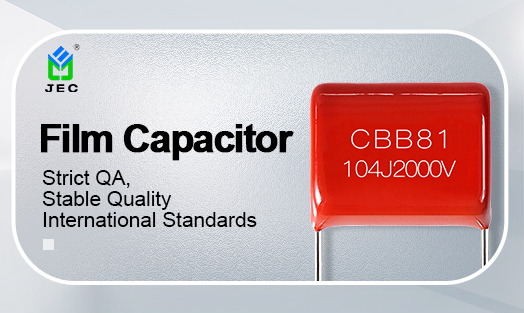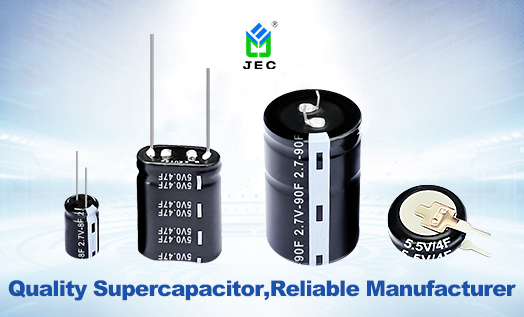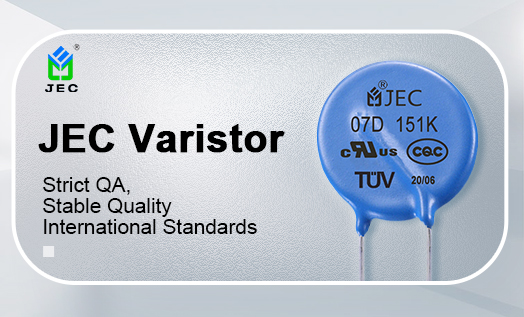Jun. 10, 2025
Electronic devices need electrical energy to operate, which typically comes from external power sources or onboard energy storage components. For example, household electricity delivered through sockets and cables powers many electronic devices. Chargers convert grid or external power into suitable forms of energy for devices, while batteries use chemical reactions to directly supply electrical power.
In addition to power grids, chargers, and batteries, other sources such as solar power systems, kinetic energy harvesters, and supercapacitors can also provide energy to electronic devices.
A supercapacitor is an energy storage device that bridges the gap between traditional capacitors and batteries. It stores electrical charge through an electric double layer formed between electrodes and an electrolyte. With large capacitance, fast charge/discharge rates, long cycle life, and high power density, supercapacitors have become a popular choice in many applications.
However, there's a common misconception when selecting supercapacitors — that bigger capacitance is always better. This is not necessarily true.
The appropriate capacitance depends on the specific electronic device and its parameters. While a larger capacitance allows a supercapacitor to store more charge, it can also introduce drawbacks during operation, such as increased internal resistance and parasitic inductance.
For instance, in high-frequency applications, a high-capacitance supercapacitor may exhibit greater impedance, leading to unstable current output and potential disruptions in device performance. On the other hand, a lower-capacitance supercapacitor stores less energy but may perform better at high frequencies, responding quickly to rapid current changes.
In conclusion, don't fall for the idea that“the bigger the capacitance, the better.” Always choose a supercapacitor based on the specific needs of the application, balancing factors like performance, frequency response, and energy requirements.
This article is provided by JYH HSU (JEC) Electronics. JEC is a research, development, production, and sales-oriented company specializing in manufacturing and selling various electronic components such as capacitors and resistors.

CBB capacitors in thin film capacitors
Jun. 10, 2025

Precautions When Using Super Capacitors in Series
Jun. 10, 2025

Why Choose Varistors for Circuit Protection
Jun. 10, 2025
+86 181 2299 5593
+86 18122995593
+86 769 8831 3605
Beside Luchong Bridge, Hou Road, Caibai Village, Daojiao Town, Dongguan, Guangdong, China
Navigation